Tight inner circle urges Joe Biden to press on
Joe Biden has long relied on a small group of family members and advisers. Now they are counselling him to ignore critics and stay in the race.
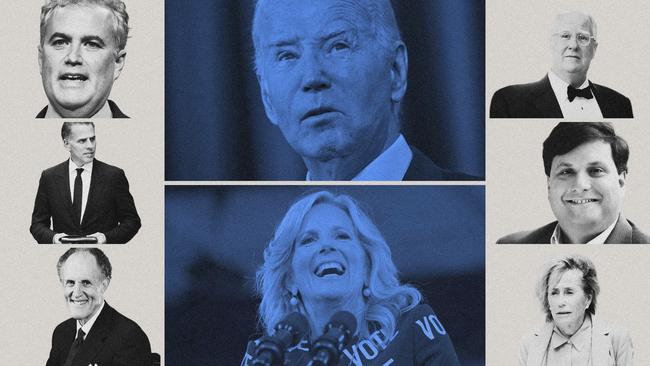
President Biden’s reliance on a tight circle of loyal advisers, family members and political confidantes to navigate the aftermath of his poor debate performance helps explain why he isn’t changing course.
This circle has been resistant to any suggestion that they should reconsider his candidacy despite worrying signs that Biden could lose his rematch with former President Donald Trump. That criticism mounted on Tuesday when Rep. Lloyd Doggett of Texas became the first congressional Democrat to call for Biden to bow out of the contest. Other Democratic officeholders, donors and activists also are fretting about the future of Biden’s campaign.
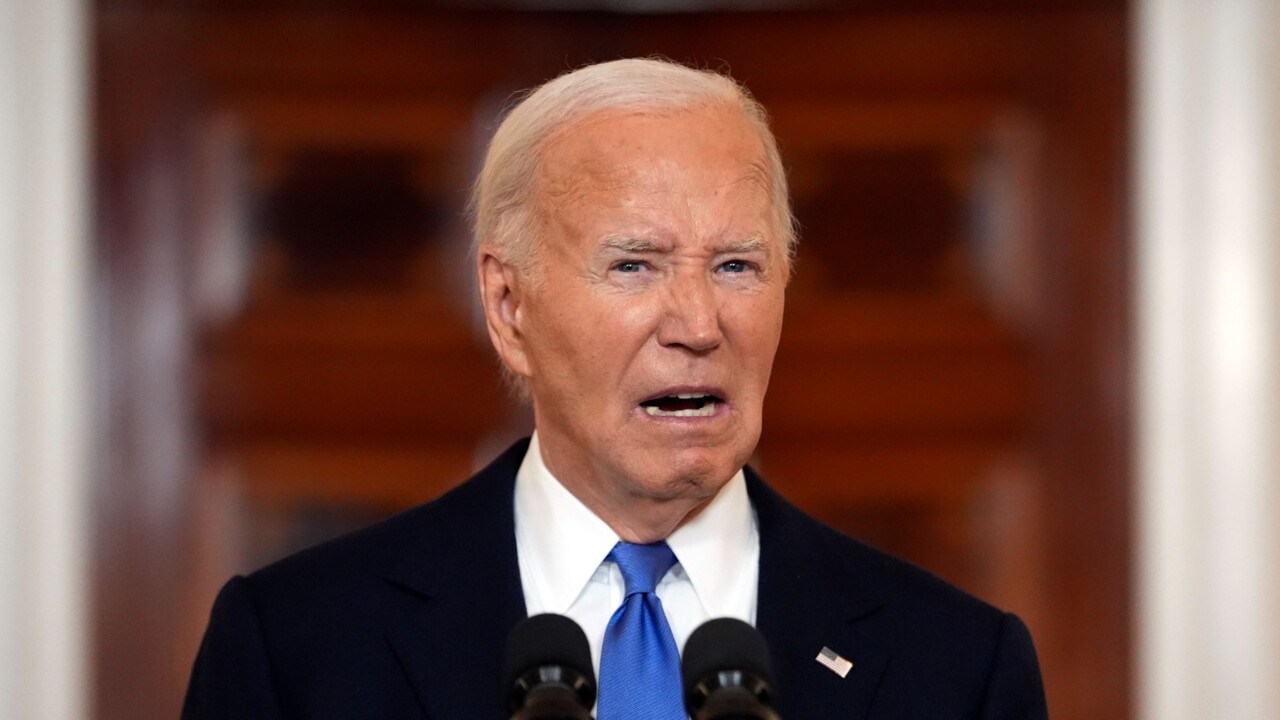
Inside the White House and at his Wilmington, Del., campaign headquarters, the president’s advisers believe they have weathered much of the storm and note that Biden has been underestimated many times before, including in 2020 when he faltered in early contests in Iowa and New Hampshire but still managed to win the nomination. That belief will be tested in coming days as new polling is released and as vulnerable Democrats in key races are pommeled with millions of dollars in ads juxtaposing their defences of Biden’s acuity with clips from the debate.
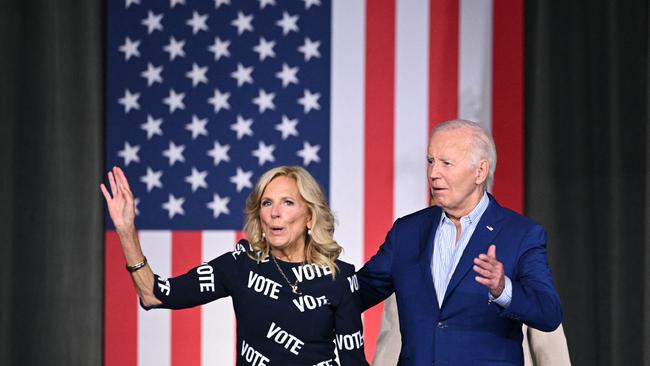
Since Thursday night, Biden’s team has fanned out to make the case that Biden remains the party’s best chance of holding on to the White House and any alternative would lead to chaos. And outside of those channels, the president has been boosted by political allies who have stuck by him.
But that doesn’t mean the president’s team — long derided as being too insular — has been immune from criticism. Some allies fumed about the lead-up to the debate, with Rep. James Clyburn (D., S.C.) saying the president suffered from “preparation overload.” And Rep. Mike Quigley (D., Ill.) told CNN the president needed to be “honest with himself — this is a decision he’s going to have to make,” and noted his decision would affect congressional elections “and will have implications for decades to come.”
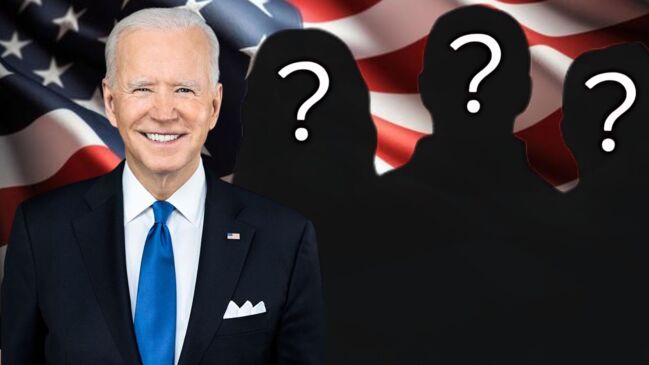
“It’s hard to imagine how his advisers — or his family, or people close to him — could have sent him out knowing this would happen,” said James Zogby, a longtime member of the Democratic National Committee. “They had to have known this would happen. And if they didn’t, what were they watching?”
Here is a look at the Biden inner circle, including those who have been most influential in his attempts to rebound from a damaging 90-minute debate:
The Family
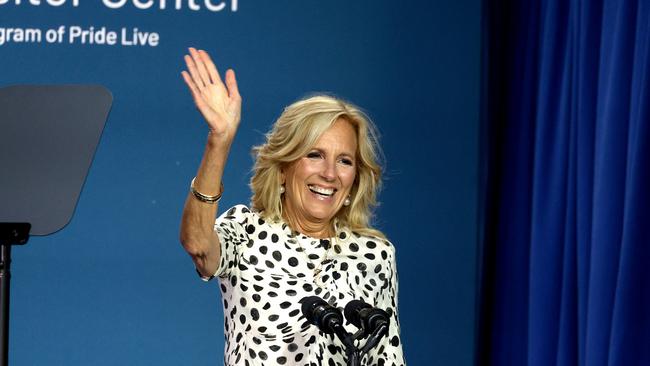
Jill Biden
The first lady is the most influential figure in Biden’s orbit right now. If she had urged the president not to seek re-election, that advice would have carried enormous weight. Instead, she has been Biden’s biggest advocate as he seeks a second term.
When Biden walked off the debate stage, he told his wife of 47 years: “You know, Jill, I don’t know what happened. I didn’t feel that great,” according to an account the first lady shared at a New York City fundraiser last week. “And I said, ‘Look, Joe, we are not going to let 90 minutes define the four years that you’ve been president.’”
Unlike some first ladies who have chafed at the role, she has embraced the platform. (In a bit of awkward timing, Jill Biden appeared on the cover of Vogue this week, declaring: “We will decide our future.”) Her support for her husband has come from a view that being president is a role that he both wants to keep and excels at doing.
As Biden considered re-election in late 2022 and early 2023, Jill Biden argued that her husband still had more work to do and shouldn’t walk away from public life. She also pointed to his marathon trip to Ukraine in early 2023 as proof that the octogenarian president had the stamina to serve a second term.
In the past, she often shied away from politics. When Biden considered entering the 2004 Democratic primaries, the future first lady, clad in a bikini, scrawled the word, “NO,” on her midsection with a black sharpie and walked by a strategy session of advisers to make her point. More than two decades later, she is all-in.
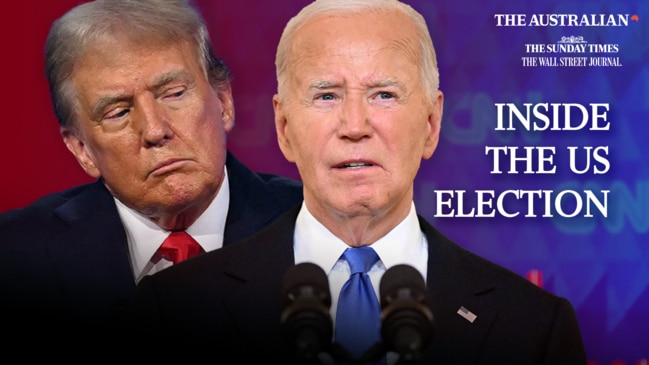
Until the president sought the 2020 Democratic presidential nomination, his sister, who goes by Val, had managed his political campaigns dating back to his first run for a New Castle County Council seat in Delaware in 1970, followed by his campaigns for the Senate and for the 1988 and 2008 Democratic presidential nominations.
When the president’s first wife and baby daughter were killed in a car crash in December 1972, shortly after his Senate victory, Val moved in with her brother and helped him raise his surviving sons, Beau and Hunter. A high-school teacher before taking on the role of campaign manager, Val has been the president’s sounding board, adviser and keeper of a moral compass they learned from their late parents.
But when Biden pursued the presidency in 2020, she had some misgivings: She worried that Trump would target their family, including Hunter Biden. “The only race I wasn’t enthusiastic about Joe getting involved in was the 2020 presidency because I expected and I was not disappointed that it would be ugly and mean,” she told CBS News in April 2022.
In that same interview, she said she wanted her brother to seek re-election: “I think my brother is the right person at the right time for all the right reasons.”
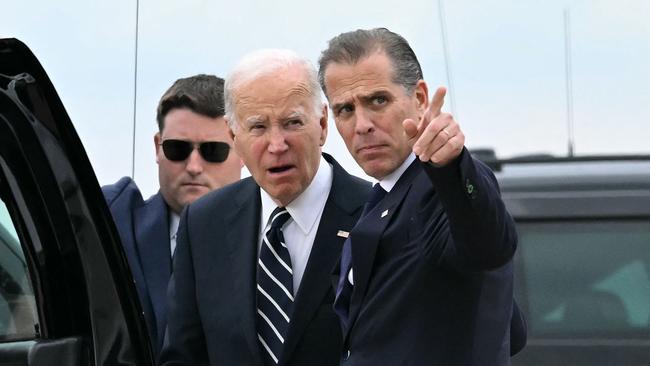
Hunter Biden
Hunter Biden is the president’s only living son and the two talk every day. The conversations go beyond mere check-ins and include Hunter offering the president political advice, according to three people familiar with the discussions. In doing so, he’s taking up a role that was once more of the purview of Beau Biden, his older brother who died of brain cancer in May 2015.
Hunter is often a source of personal and political stress for his father, and his addiction to drugs and alcohol weighs heavily on the president, who is often worried that his son could relapse. He was recently found guilty in Wilmington, Del., on three felony charges related to buying a gun while abusing drugs after a bruising trial in Wilmington that included his ex-wife and daughter testifying on opposite sides.
Hunter is a fighter and pushed his dad to dismiss some aides in February after special counsel Robert Hur’s report was released, according to a person familiar with his role. The president didn’t fire anyone, a move he rarely takes.
The Inner Circle
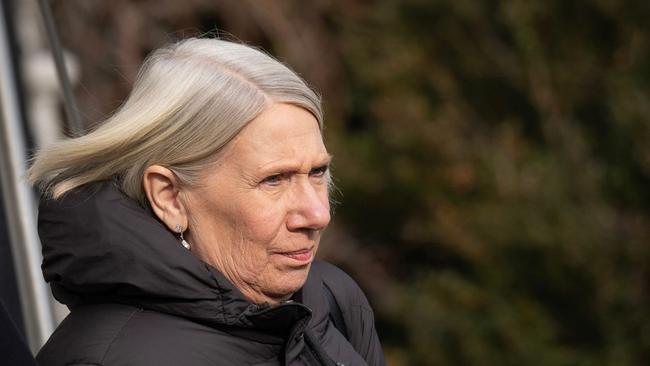
Anita Dunn
Dunn, a veteran of the Obama White House and Biden’s campaign, sits atop the White House’s messaging operation and was a founding partner of SKDK, the high-powered Washington public relations firm that has been a pipeline to Biden administration jobs.
Dunn has been married to Bob Bauer, the president’s personal lawyer and a former White House counsel, for more than three decades and the couple has helped Biden navigate a number of thorny issues, from his decision as vice president not to seek the presidency in 2015, to the response to the special counsel’s investigation into Biden’s handling of classified documents.
Most notably, Dunn swooped in when Biden’s 2020 primary bid was endangered, moving to Philadelphia to help lead the campaign, along with campaign manager Jen O’Malley Dillon. Dunn worked for Biden at the start of his administration and then returned in 2022 and divested from her company.
At the White House, she has been one of his aides most sceptical of the media, believing the president should largely avoid unscripted exchanges with the press. She frequently points to a fractured media landscape and looks for ways for the president to reach audiences in new and different ways.
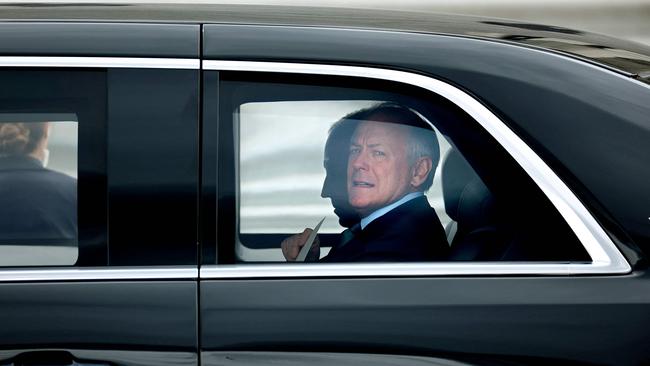
Steve Ricchetti
Biden’s longtime conduit to Capitol Hill and the business community, Ricchetti has been on speed-dial with House Democratic Leader Hakeem Jeffries, (D., N.Y.) who has been managing the reaction from members of Congress. Ricchetti has also fielded calls from Senate Majority Leader Chuck Schumer and Biden’s supporters and donors, reassuring them of Biden’s standing in the campaign.
Ricchetti, a veteran of the Clinton administration who served as one of Biden’s vice presidential chiefs of staff (along with Ron Klain and Bruce Reed), has toggled between government jobs and lobbying since the late 1980s, building a reputation among Democrats as a savvy political mind. His younger brother Jeff is a lobbyist with a specialty in healthcare and insurance issues for more than 25 years.
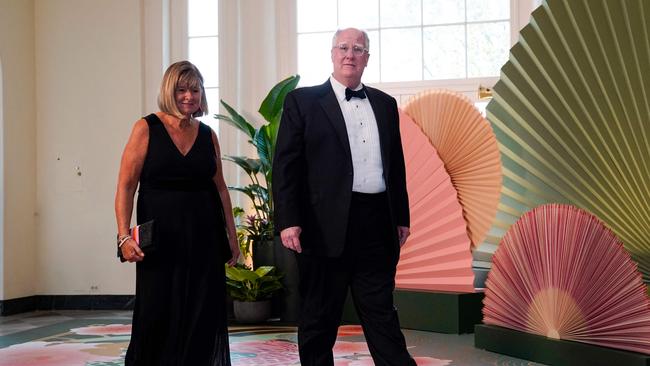
Mike Donilon
If Biden has an alter ego, it may be Donilon, a longtime ad maker and strategist who has worked with Biden in different roles since 1981, including his Senate and presidential campaigns, his time as vice president and inside the West Wing.
Donilon is heavily involved in all of the president’s major speeches and is viewed as the adviser who can help put Biden’s values and longstanding beliefs into written prose. He has also been central in shaping the president’s message: when Biden ran for president in 2020, Donilon helped frame the race as “the battle for the soul of the nation,” motivated to respond to the deadly 2017 white-nationalist rally in Charlottesville, Va.
Donilon remains a behind-the-scenes force for Biden and rarely sits for cable TV interviews. He gained standing in Biden’s orbit as one of the few advisers who correctly predicted that the 2022 midterm elections would turn out well for Democrats, despite warnings of a so-called “red wave.” And this time he has made the case that a pro-democracy message — and memories of the Jan. 6, 2021 riot at the Capitol — will resonate with voters.
Current and former aides often explain Donilon’s singular role this way: When Biden meets with members of his team to discuss a vexing issue, he frequently turns to Donilon and asks, “What do you think, Mike?”
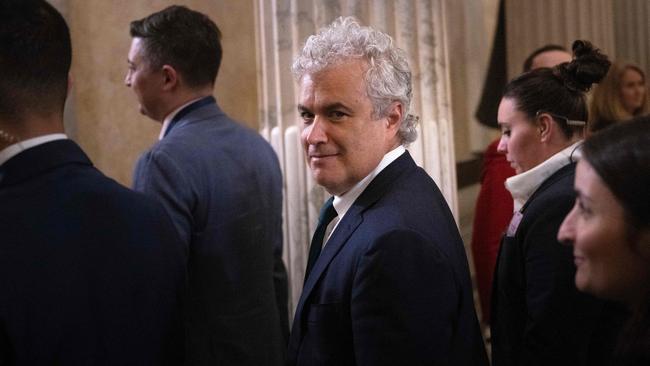
Jeff Zients
Following the debate, the White House chief of staff actively worked the phones to ensure that Democrats remain loyal to Biden — and to take a damage assessment. Zients has been in frequent contact with Chuck Schumer, the Senate majority leader, to make sure that the chamber’s Democrats stick with the president, according to a person familiar with the calls.
Zients has also taken the temperature of key elected officials around the country. New Jersey Gov. Phil Murphy said the two spoke Friday morning and credited Zients with being upfront about their “tough night.”
“As bad as it might have been, I think self-awareness and looking in the mirror and being honest with yourself is absolutely step No. 1 and I saw that with the president and certainly with Jeff,” Murphy said.
Zients made a fortune in management consulting, including as CEO and chairman of the Advisory Board Company. He served in the Obama administration and then was Biden’s coronavirus response co-ordinator before becoming chief of staff. But he doesn’t have the same longevity and bond that the others have with the president.
The Political Confidantes
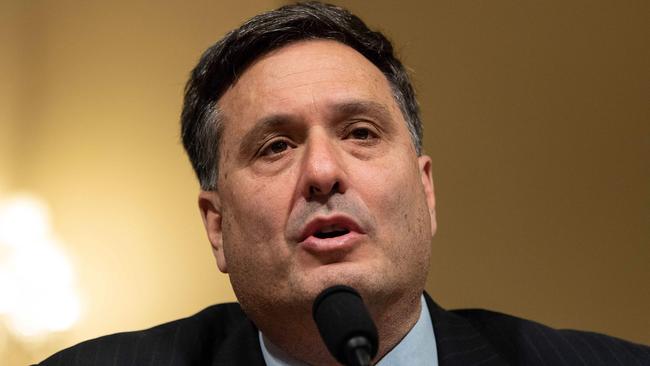
Ron Klain
Klain, Biden’s first White House chief of staff and longtime adviser, used vacation time from his job as chief legal officer at Airbnb to help prepare Biden for the debate — reprising a role that he has played for Democratic presidential candidates for three decades and making him a target for some postdebate criticism.
Klain is viewed as a gifted tactician capable of navigating a difficult bureaucracy and turning Biden’s decisions into actions. He was an important conduit to congressional Democrats during his time in the White House, particularly with progressives who have so far remained with Biden.
Klain’s time with Biden stretches back to the 1980s, when Biden was chairman of the Senate Judiciary Committee, and he worked on Biden’s first presidential campaign in 1987. His career included a central role in the Florida recount following the 2000 election, where he served as general counsel to Al Gore’s recount effort.
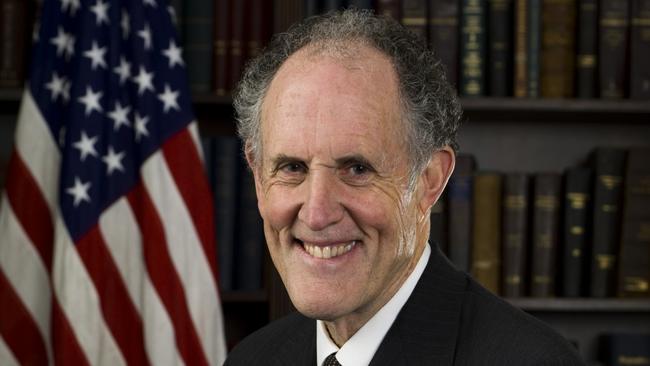
Ted Kaufman
Kaufman was Biden’s longtime Senate chief of staff and then served in the Senate for nearly two years when Biden became vice president, fulfilling the remainder of Biden’s term. Kaufman has the distinction, along with the president’s sister, of being part of the 1972 Senate campaign.
Kaufman, who lives in Biden’s hometown of Wilmington, is someone the president calls frequently by phone. And when the president spent a weekend at home in January, it included lunch with Kaufman at the Fieldstone Golf Club.
Part of Kaufman’s effectiveness is that he remains discreet — he will tell those who ask that his conversations with the president remain private. It allows him to be a sounding board and a confidant for someone who is a lifelong friend.
The Wall Street Journal

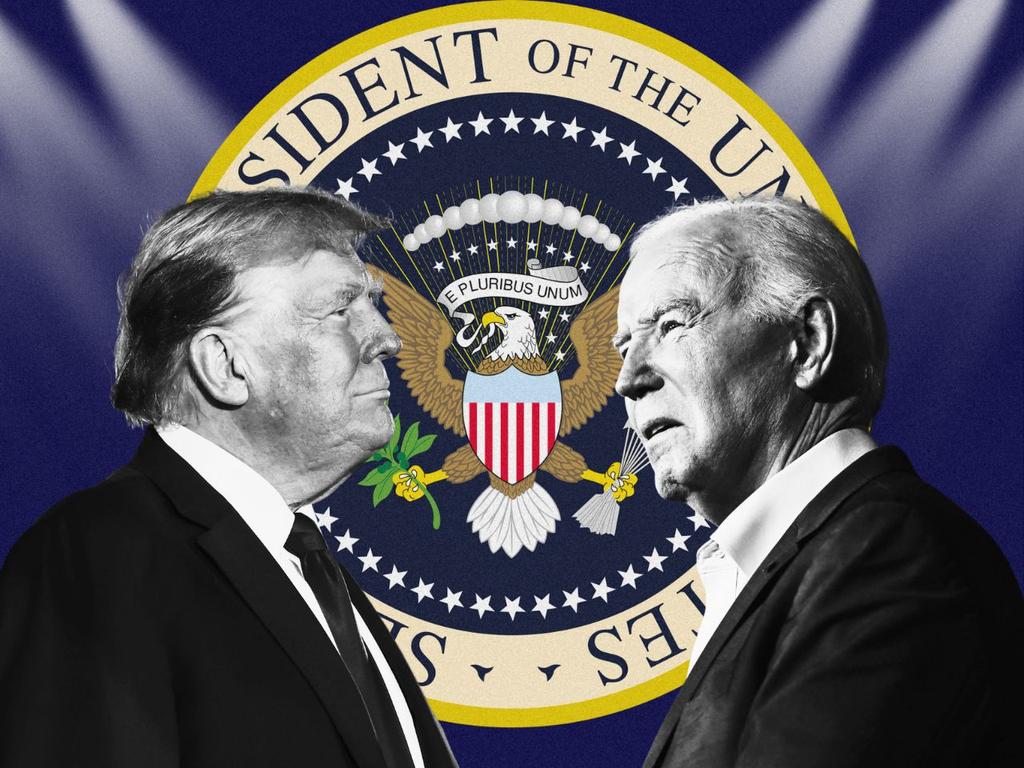
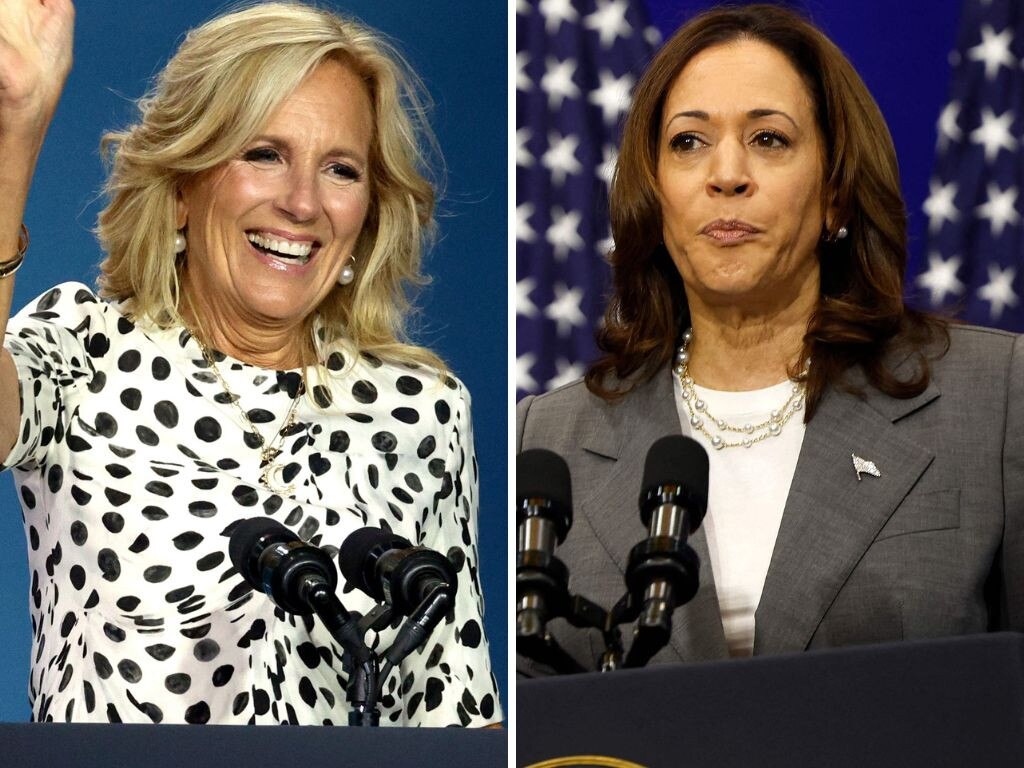
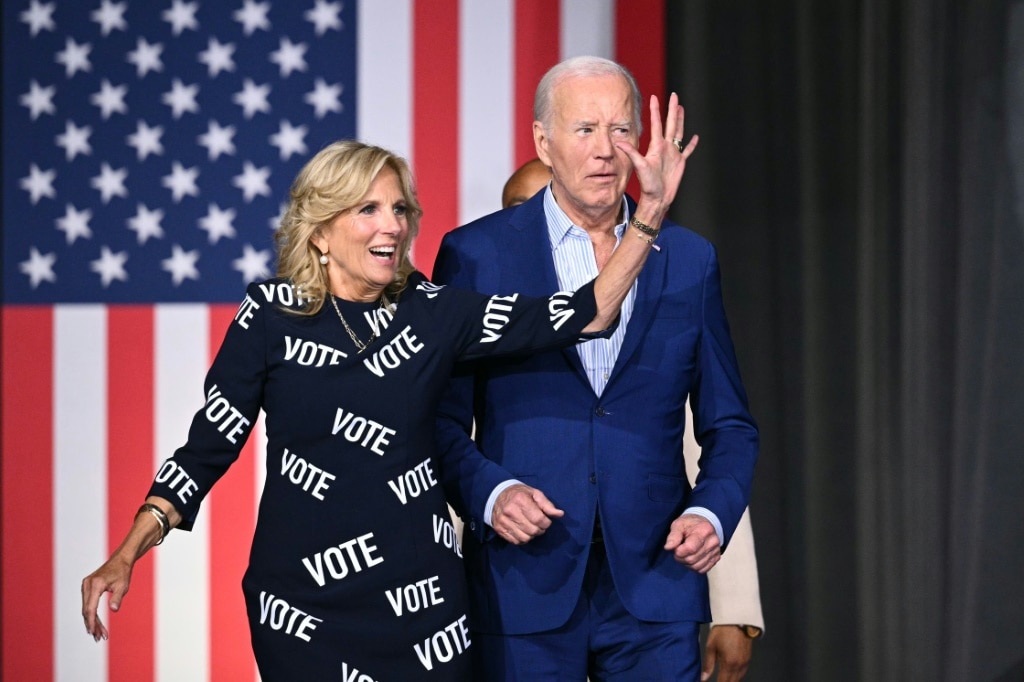

To join the conversation, please log in. Don't have an account? Register
Join the conversation, you are commenting as Logout